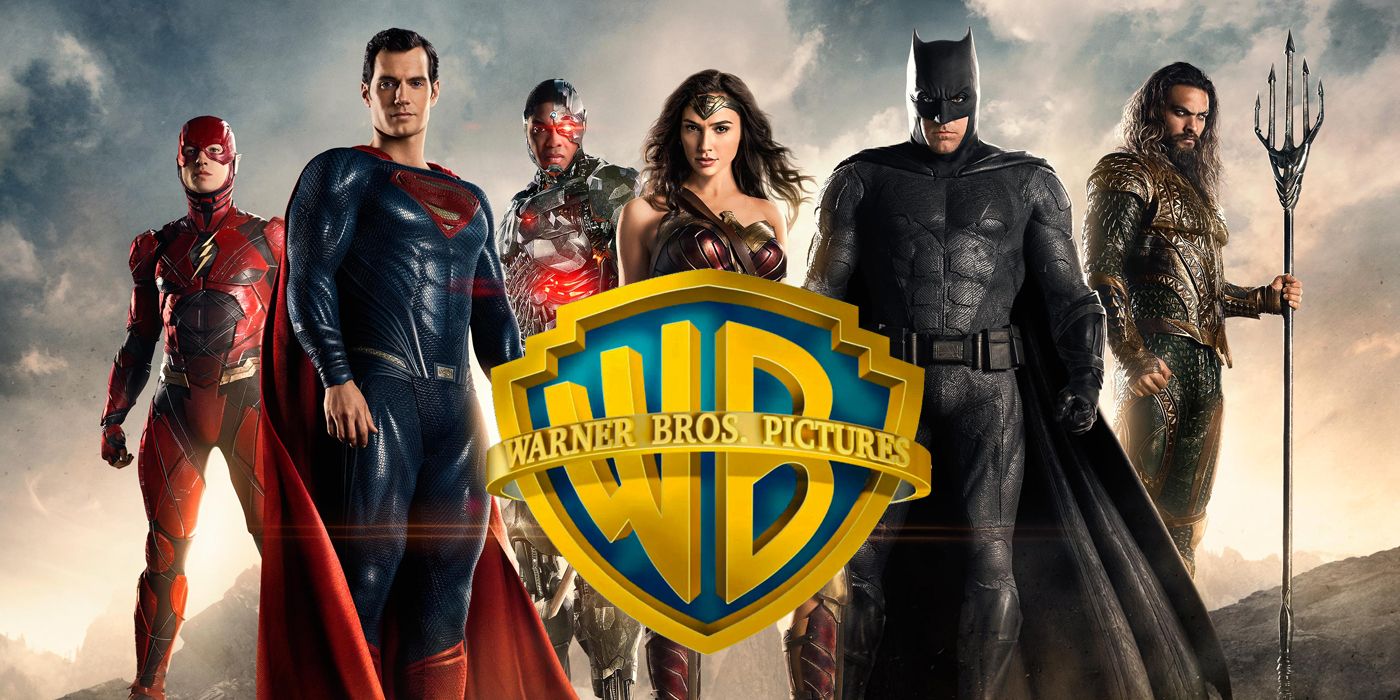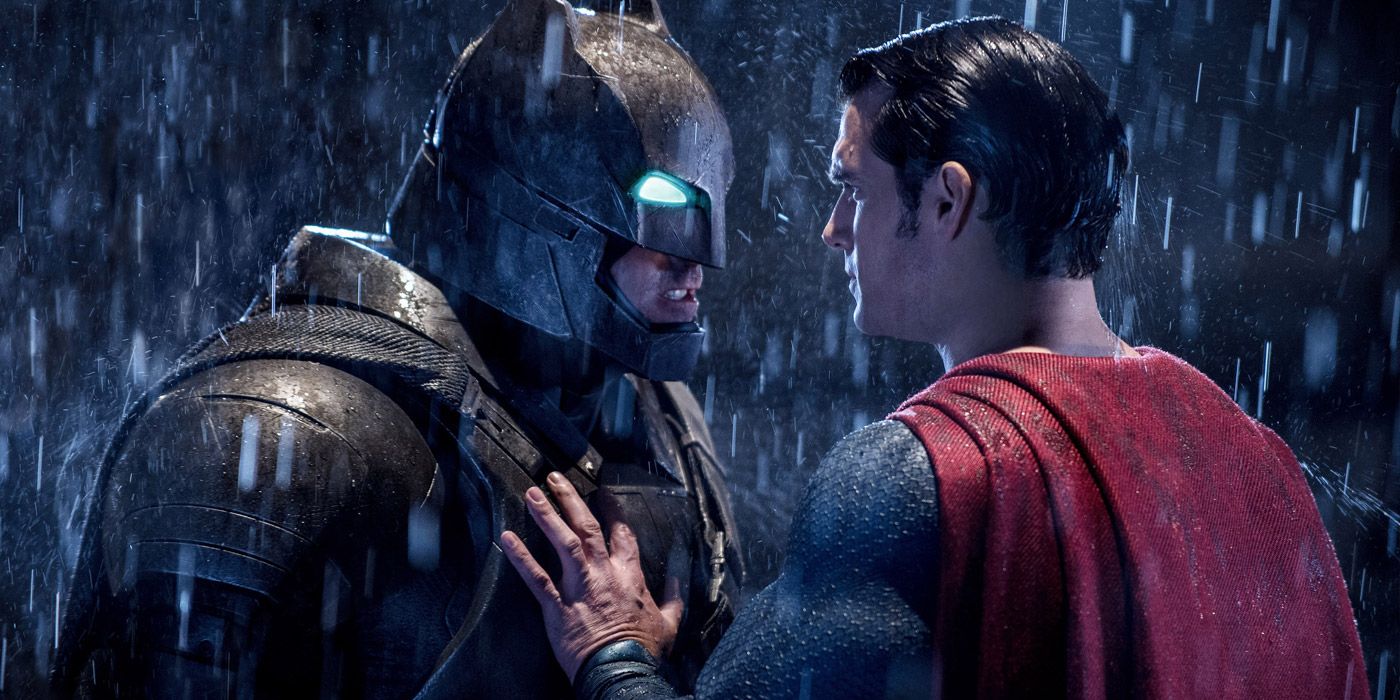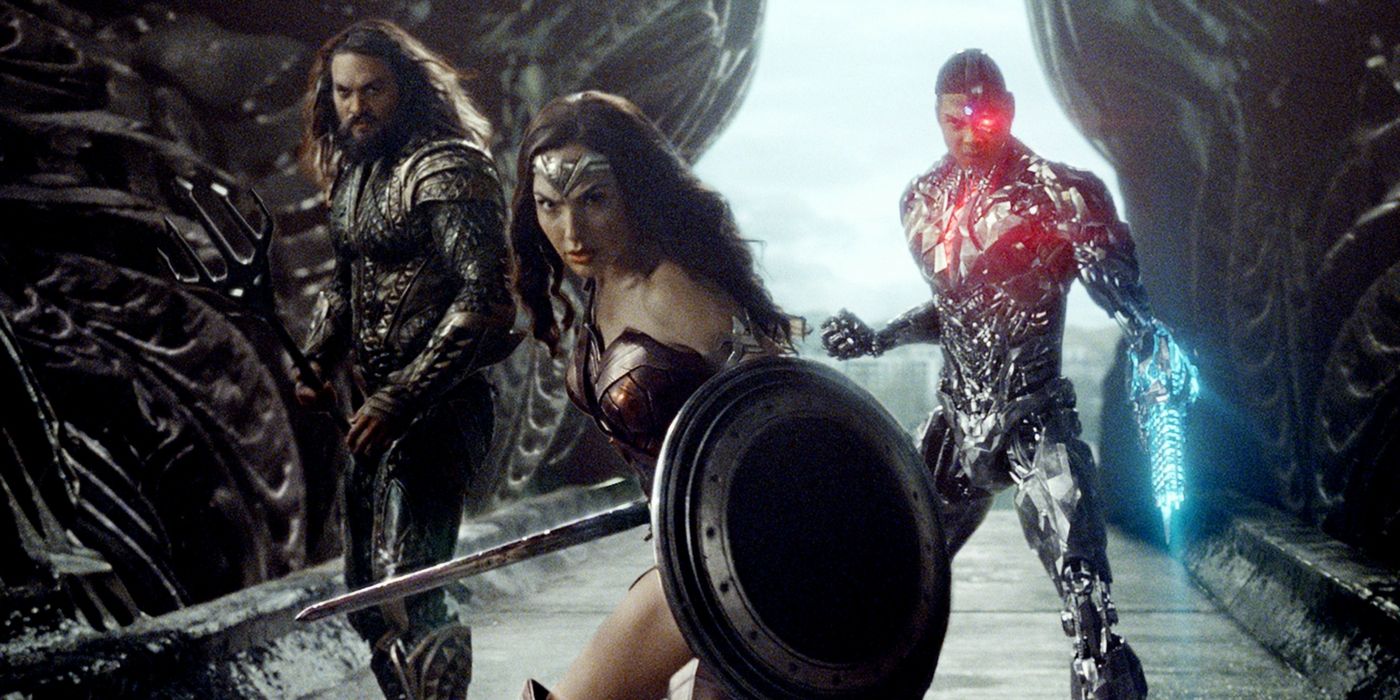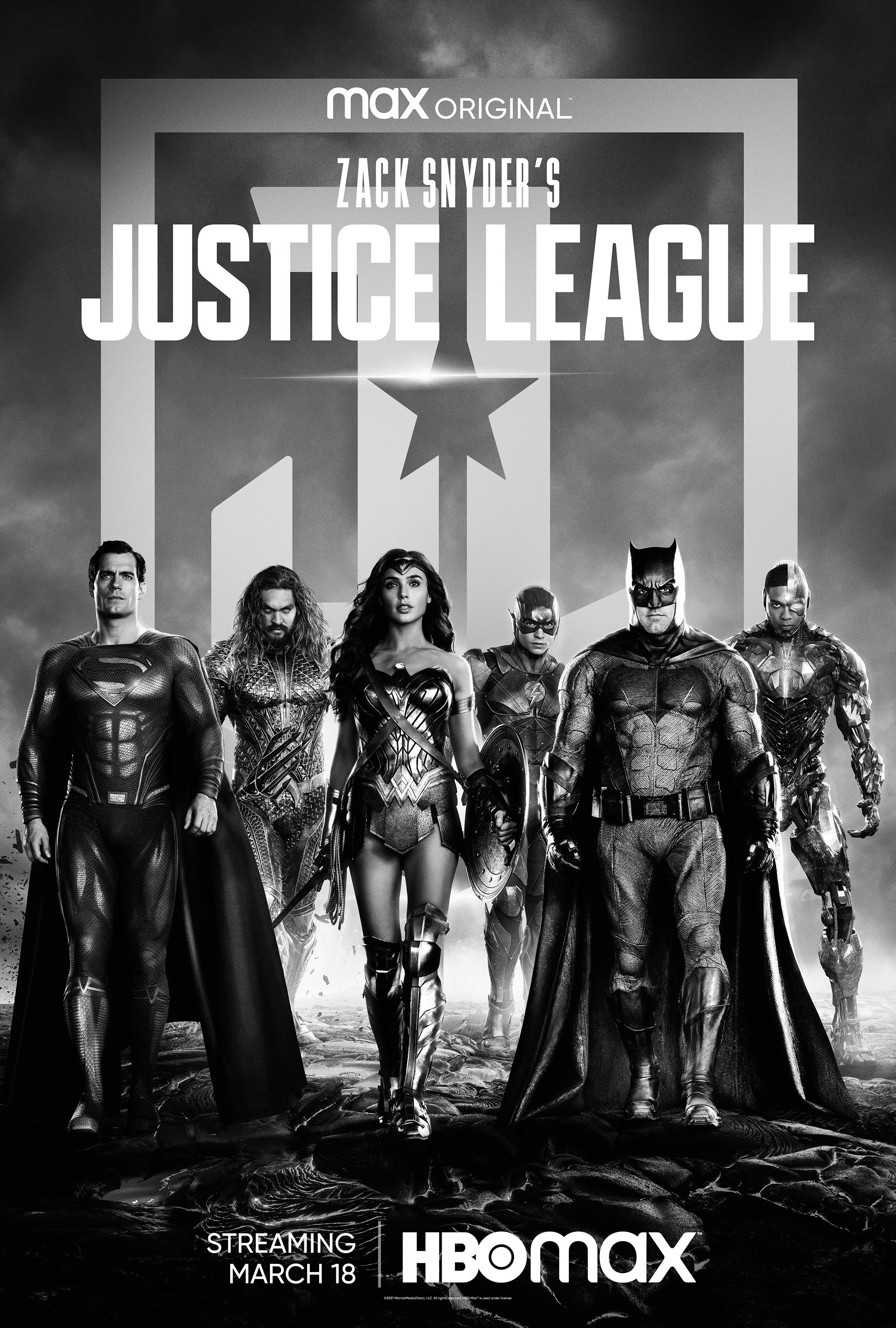2017 is going to be the year that movie audiences at long, long last get to see the Justice League come together on the big screen. This should be a cause for celebration - as The Lego Batman Movie coyly pointed out, the JLA’s now a whopping 57 years old, and given that Marvel's own team-up The Avengers was an event so big it eclipsed Batman finale The Dark Knight Rises at the box office, we should expect even bigger things from a group of bona fide icons (remember that, in 2012, Marvel Studios was still operating with B-list heroes).
But that isn’t what we're playing with. Justice League is coming as part of the DC Extended Universe, the highly divisive and even more controversial attempt to create a shared universe using DC’s greatest heroes. We’re currently three films deep and Man of Steel received a mixed bag of reviews, while Batman v Superman: Dawn of Justice and Suicide Squad were both slated by critics (and there’s not exactly unanimous excitement for Wonder Woman either). The movies have had strong showings at the box office, and the series certainly has its fans, but there's no escaping the mixed-at-best reaction.
The real problem, though, isn’t the fear that Justice League will repeat sins of previous films. It’s one that spells problems regardless of your assessment of the DCEU so far: production meddling. Following the critical implosion of Batman v Superman and its underperformance at the box office ($873 million is not to be sniffed at, but Warner Bros. had this locked as an easy $1 billion) the studio restructured, putting comic maestro Geoff Johns in charge and introducing much more oversight. The specifics are a closely guarded secret, but by all accounts they rejigged the long-standing original plan for the film (which had a 2019 sequel planned when first announced) and are taking a more micro-managed approach throughout production.
Studio interference is a particularly dirty phrase in the DCEU. While the films all have intrinsic issues, they appear to have been further hampered by blind interference made almost at odds with the creative involved. Batman v Superman lost vast swathes of its setup for the theatrical release and Suicide Squad was subject to massive tonal adjustments with reshoots and conflicting edits from director David Ayer and the trailer house. In the wake of these, the idea of Warner Bros. tinkering with an entire film from conception is haunting; the best we can hope for is a movie made by committee, while the worst makes the age of Batman & Robin look palatable.
Or will it? For the past year hype for Justice League has been offset by the fact it’s a compromised prospect – Snyder-lite focus-grouped to hell – yet if you look at the state of the franchise and what’s actually going on, Warner Bros. may be about to shepherd in the best film in the DCEU. Here’s why.
Zack Snyder Needs Toning Down
Zack Snyder probably shouldn’t be the man singularly leading the DCEU charge. His understanding of Superman is a controversial one, as evidenced by his following of a man who admitted to hating the character and adapting a divisive comic event, and he consistently struggles wrestling with the "big picture." He’s often described as a visionary director, but takes the “vision” part far too literally, crafting striking images that – especially in Batman v Superman – look like they’re lifted from a comic book yet lack anything to say. Some don’t even make sense – having a split-second recreation of The Dark Knight Returns cover in the Doomsday fight doesn't really say anything.
Worse, when Snyder does try and elevate the material with big ideas, he takes it all far too literally. He talks in the behind-the-scenes featurettes about wanting to ask the question “Should there be a Superman?” - yet his approach to this question is simply have a character say it in the middle of a montage; there’s no subtext, just the statement of intent and a paper-thin reading. His approach isn’t so much a case of style over substance, but the mistaking of style for substance. This runs through his work, from passion project Sucker Punch to his adaptation of Watchmen – there are interesting elements within them, but just because you can speculate on a cool idea doesn’t excuse poor execution.
Indeed, there’s a lot of potential in Batman v Superman. Having Bruce Wayne driven by rage and wanting to take down an invading alien, only to discover his humanity at the last minute is the stuff of myth, but when it’s framed within a nonsensical scheme by a hyperactive Lex Luthor and resolved with the realization that their mothers have the same first name all dramatic weight is lost. Not all of this is directly Snyder’s fault – the script plays a part – but it’s the problem at the heart of the DCEU (or, if this doesn’t bother you, the core of the backlash).
And this is what the studio involvement may control. Snyder had a fair amount of free reign on Man of Steel and Batman v Superman, something his early success with 300 and Watchmen no doubt bought him. Now Warner Bros. are aware of the impact this could have on the ongoing DCEU and the pitfalls present in his style, they can bring what Zack’s doing more in line with their ongoing vision.
There’s also the matter of his cut-down epic style of storytelling. Snyder's entire process seems to be to build a massive, 4+ hour cut and then shave it down to the length the studio requests. DCEU-wise you can see this best with Batman v Superman, which arrived in cinemas at 151 minutes, but had a thirty-minute Ultimate Edition on home video and was reportedly originally even longer, but is also true of Watchmen, which had three different versions of various lengths. Why this isn’t the optimum filmmaking approach should be obvious; while it allows for a massive pool of footage in the edit, it means that key plot threads and even whole characters will be cut in the process, negatively affecting the whole.
Christopher Nolan, whose Dark Knight trilogy garnered box office love and critical acclaim in equal measure, has a completely opposite tact, planning everything meticulously and only shooting what was required. This led to shorter shoots that come in under budget, and meant the resulting films are incredibly tight, with few if any deleted scenes. Nolan is always aware of the finished product, while Snyder seems to think on too micro a scale, only considering the notion of making a coherent picture when it comes to the edit. Greater oversight could force him to think of the bigger picture from the start, meaning fewer plot holes left to be explained in deleted scenes or conflicting motivations that could have been nixed early on.
A Singular Vision Throughout
The overarching problem with the DCEU so far has been a lack of consistent vision. This has been true from a macro franchise-wide level and within the movies themselves; Batman v Superman was a Man of Steel sequel that became a World’s Finest versus before finally evolving into Dawn of Justice, while Suicide Squad was a gritty villain movie that became brighter, zanier and less Joker-heavy as it went on. There was no clear underpinning to these films and most of their issues would seem to stem from this back-and-forth.
What stands out most, though, is that the previous meddling came halfway though. With Justice League, this studio focus will have been present from the start; the filmmakers are much less likely get to the edit and be suddenly told to lose an hour of footage or change the tone because these concerns will have been addressed when they first arose. It’s a highly cynical stance, but we’ve seen the producer-led structure work wonders over at Marvel and, conversely, DC struggle to truly trumpet their director-led alternative. Perhaps oversight is needed, especially as we're dealing with a movie that has a major influence on the studio's tentpole releases for the next few years.
Within this there is the danger that the studio’s vision could change, as we’ve seen with the various production issues for The Flash and The Batman, and they’ll instigate equally as brash changes late-in-the-day. That would obviously be bad and hamper whatever they were going for - the real risk is things could go too far the other way from how they've been and Snyder’s creative vision is trampled completely into a homogeneous, generic blockbuster. Hopefully, under Johns' guidance, a happy medium can be reached.
-
Studio meddling isn't a situation of Snyder being a lame-duck direction - based on the set visit reports from last year and the director's exuberant discussion of the project, it appears he's very comfortable with the movie. It's a case of finding a middle ground between both sides of the fan divide, rather than pushing Justice League too obliquely towards one or the other. If Warner Bros. can achieve that, they may finally find the all-round success the DCEU's been craving.




